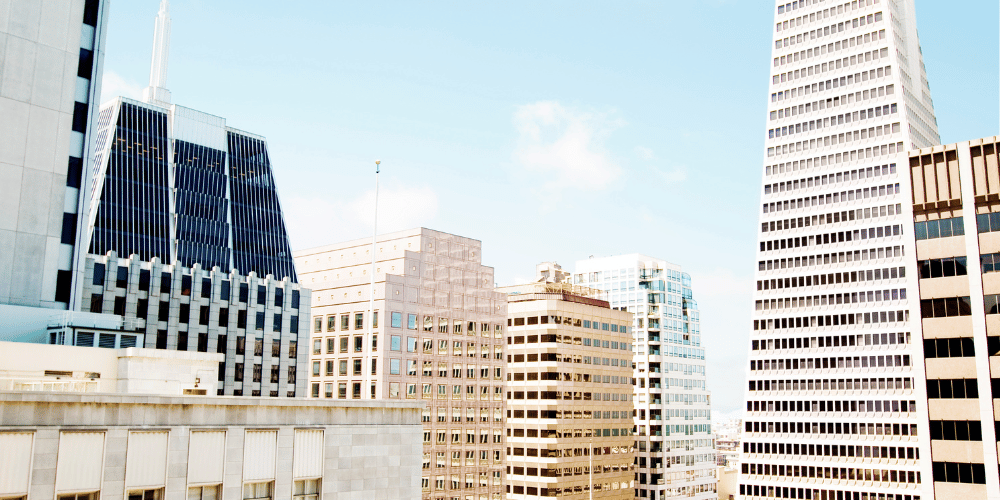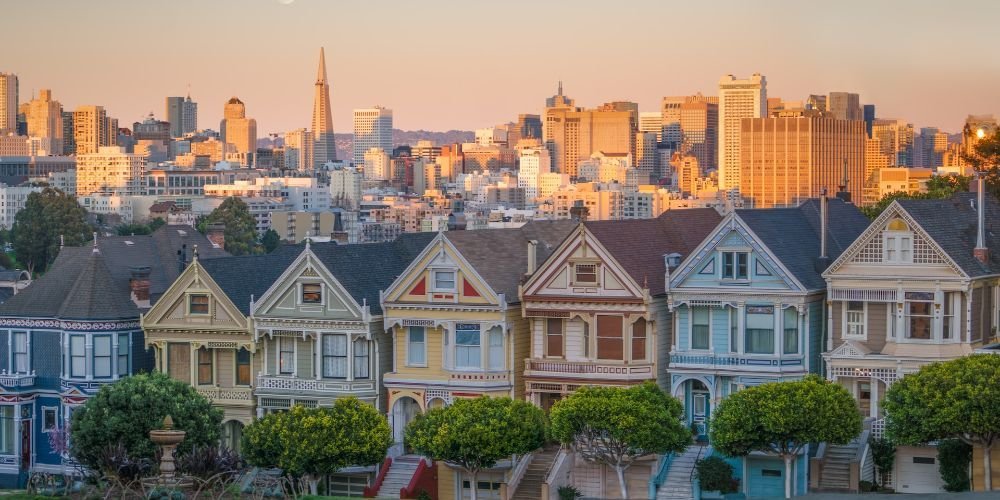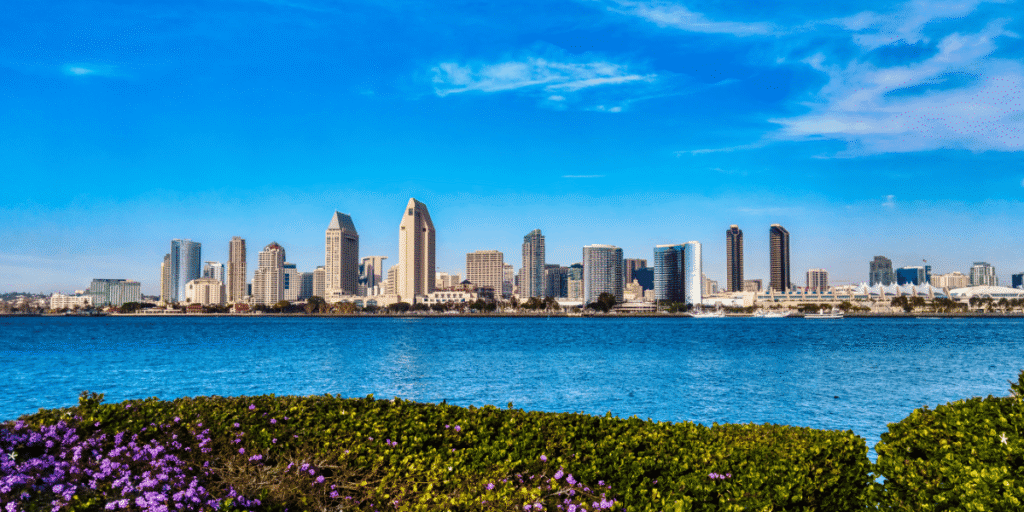SF’s Quiet Comeback: A Shift Toward Balance and Common Sense

Over the past year, something has shifted in San Francisco — and it’s not just the skyline or the latest wave of tech buzz.
It’s a shift in mindset.
After years of being painted as a symbol of urban dysfunction, the city is undergoing a pragmatic course correction.
We’re seeing policies rooted in realism rather than ideology: renewed investments in public safety, meaningful tax reforms to support employers of all sizes, and decisive steps to address public health challenges more effectively. These aren’t just headline moves — they’re signals of a city reclaiming its footing.
From Overcorrection to Recalibration
A decade ago, San Francisco helped set the tone for progressive urban policy nationwide. But in the process, some policies lacked balance, unintentionally contributing to the business flight, addiction crisis, and population decline that hit many West Coast cities.
Between 2018 and 2024, the San Francisco Bay Area lost 156 corporate headquarters, while Dallas gained 100. Pandemic-era population declines further strained the city’s fiscal health, culminating in an $800 million budget gap.
Now, San Francisco is moving into what could be called a post-performative era — still progressive in values, but anchored in accountability, economic growth, and livability for all residents.
Public Safety: A Cornerstone of Recovery
Voters have made it clear that public safety is a priority. Proposition E, passed in March 2024, expanded police capabilities, including drone use for investigations, and efforts to fully staff the department are paying off.
The results speak for themselves:
- Homicides in 2024 fell to a 60-year low.
- Auto burglaries dropped to a 22-year low, so much so that local glass repair shops report dramatically fewer calls.
This is not a partisan issue — it’s about restoring confidence in the city’s streets, transit, and neighborhoods.
Rebuilding the Business Base
Economic vitality is inseparable from civic stability. In November 2024, voters approved Proposition M, delivering targeted tax relief to small businesses, hospitality, and major employers alike.
This marks a shift toward recognizing that thriving businesses fund the very services and programs that define San Francisco’s character — and that the business community’s voice is essential to shaping policy.
A Blueprint for Other Cities
San Francisco’s pivot is being watched closely by peers like Los Angeles, Portland, and Seattle — cities facing similar challenges. If San Francisco can correct course without abandoning its progressive foundation, it offers a model for balanced urban governance.
The city’s resurgence is gradual, built on cumulative decisions rather than sweeping gestures. But it’s real — and it’s powered by residents, leaders, and businesses committed to protecting what makes San Francisco unique while ensuring it works for everyone.Source:San Francisco Chronicle




